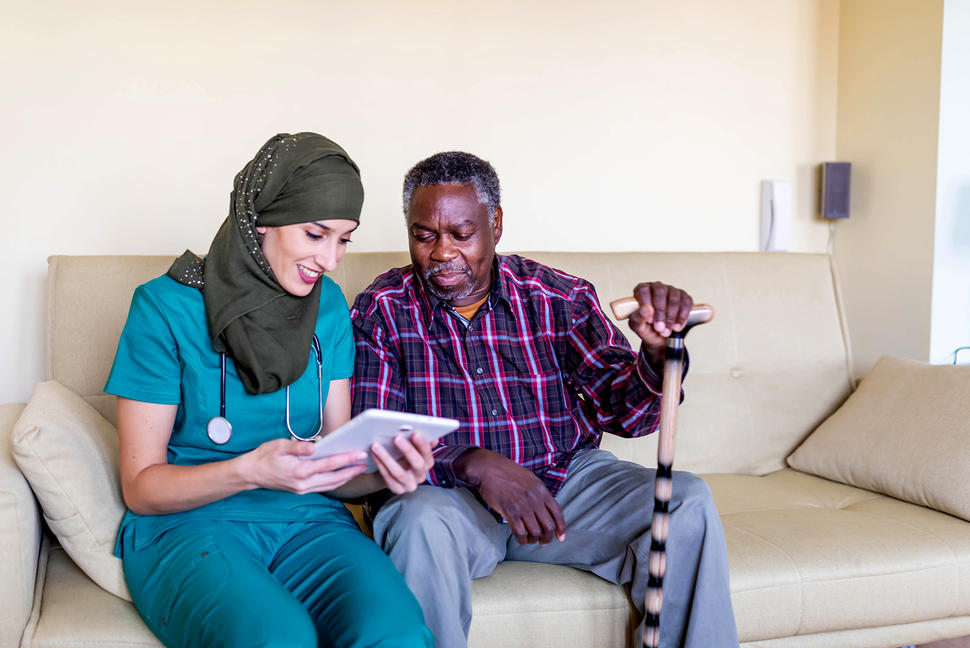What is cancer clinical research?
Cancer research that involves people, or data or samples from people, is called cancer clinical research.
Studies like these have led to discoveries such as new medicines to treat cancer, new therapies to reduce the side effects of cancer or its treatment, and lifestyle changes people can make to lower chances of getting cancer.
Types of cancer research you can join
Clinical trials and observational studies are two kinds of research studies that you can participate in. Your unique experience with or without cancer may help future generations lead longer, healthier lives. Use this table to compare and explore each type.
| Study Type | Who Can Join | Study Goals | Example Activities | Discoveries |
|---|---|---|---|---|
|
| People with cancer | Tests new medicines, surgical procedures, and combining current treatments |
Take a medicine, have surgery, get radiation | CAR-T cell therapy to treat cancers |
|
| People who had cancer in the past, and healthy volunteers* | Examines how to reduce risk of getting cancer or the return of cancer |
Get a vaccine, change diet, give blood | HPV vaccine for cervical cancer |
| Healthy volunteers | Find new ways to detect cancer before it causes symptoms and when it may be easier to treat |
Give blood, provide saliva sample, get x-rays | National Lung Screening Trial to reduce lung cancer deaths | |
| People with cancer | Explores ways to improve quality of life in people who have or had cancer |
Try yoga and exercise, attend support groups, take a medicine | Palifermin for mouth sores after cancer treatment | |
| People with cancer and healthy volunteers | Follows participants over time to collect health information and analyze data; no treatment is given |
Take a survey, get a genetic test, provide saliva sample, donate tumor tissue | Multivitamin use and risk of death in healthy people |
*A healthy volunteer is someone with no known significant health problems.
